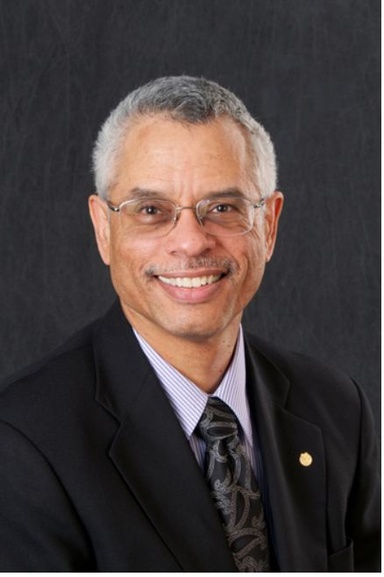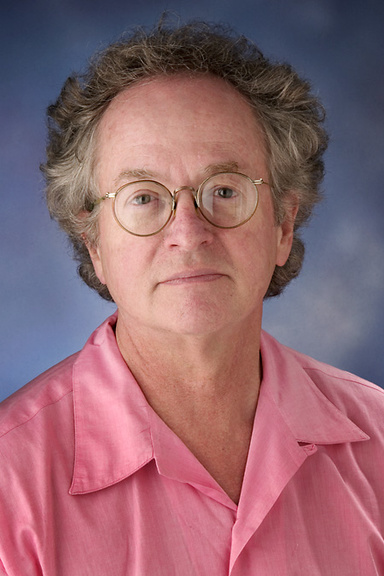Campus Voices is a place for faculty, staff and students to share ideas, views and information about issues that matter to them personally and professionally. The opinions expressed here do not necessarily represent those of the University of Iowa. View more Campus Voices here.
This week, Oct. 22-26, marks Open Access Week, a global event now entering its sixth year, which seeks to inspire wider participation in helping to make Open Access a new norm in scholarship and research. Open-access literature is digital, online, free of charge, and free of most copyright and licensing restrictions. What makes it possible is the Internet and the consent of the author or copyright-holder.
These University of Iowa scholars join colleagues worldwide in the belief that it has direct and widespread implications for academia, medicine, science, industry, and for society as a whole.

James J. Amos, M.D., clinical professor of psychiatry
When I was about 12 years old, I awoke to find a thick blanket of snow had covered our neighborhood. Initially I wanted to shovel a few walks for our elderly neighbors so they would have a path clear of ice and snow. Then I started thinking what I would charge my customers, imagining how much money I could make. As I calculated, I saw more and more dollar signs. Before long, the sun had gone down and it was too late to go out. No walks were shoveled and no money was made because I was too excited about the cash.
Thinking about open-access publishing and copyright laws reminds me of that day in winter. Over the years I've had many opportunities to pick up that shovel to clear the path for others, but have been stymied by copyright. Recently a doctor from Poland requested a case report I'd published, but before I could send him the article I started worrying about who owned the copyright—me or the publisher. In the end I wasn't at liberty to share the knowledge I'd gained to help another doctor improve the care he gives his patients.
And then there was the article I wrote that I wanted to share with all our residents. I couldn't figure out how to without risking copyright infringement. I finally thumbtacked one of my complimentary copies to the residents' bulletin board, which I think still has a clipping from the Eisenhower administration.
Finally, a colleague asked me if I would post his fine editorial that had been rejected by a journal on my open-access blog. I was more than happy to oblige, and I think the authors did me and my readers a remarkable service. I'm really shoveling now.
So to me, open access is all about sharing what I learn with other clinicians. The goal is improving patient care, in my book. That's what my blog is all about. What you find there is free and open access. You can help.

Michael S. Lewis-Beck, F. Wendell Miller distinguished professor of political science
As emeritus faculty, I've spent my career researching and writing about politics. I published my first academic paper in 1974. Then as it is today, having your academic work cited is critical. But now the methods of scholarly publishing are very different. Academic publishers and academic libraries alike are faced with financial challenges of changing technologies and greater demand for information.
Over the course of my career I've authored or co-authored more than 200 articles and books in comparative elections, election forecasting, political economy, and quantitative methodology. I can't hazard a guess as to how many students, researchers and others have read my ideas in the past 40 years.
Then three years ago, 24 of my articles and book chapters were uploaded into Iowa Research Online. Now each month, I receive notification of how many times an article has been downloaded. It's exciting to see those numbers grow. But what might be even more exhilarating is the fact that my work will be available to students and researchers in perpetuity.